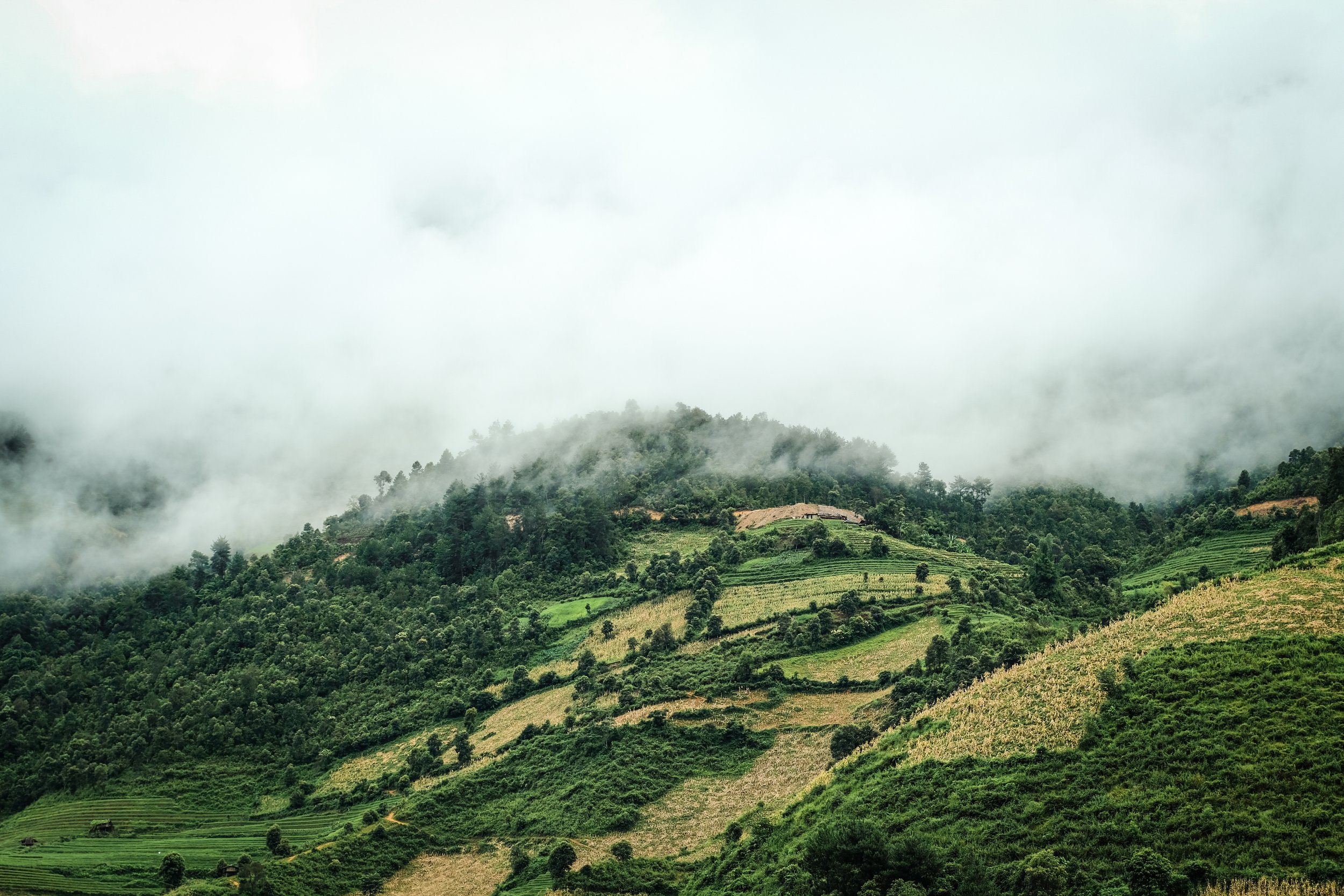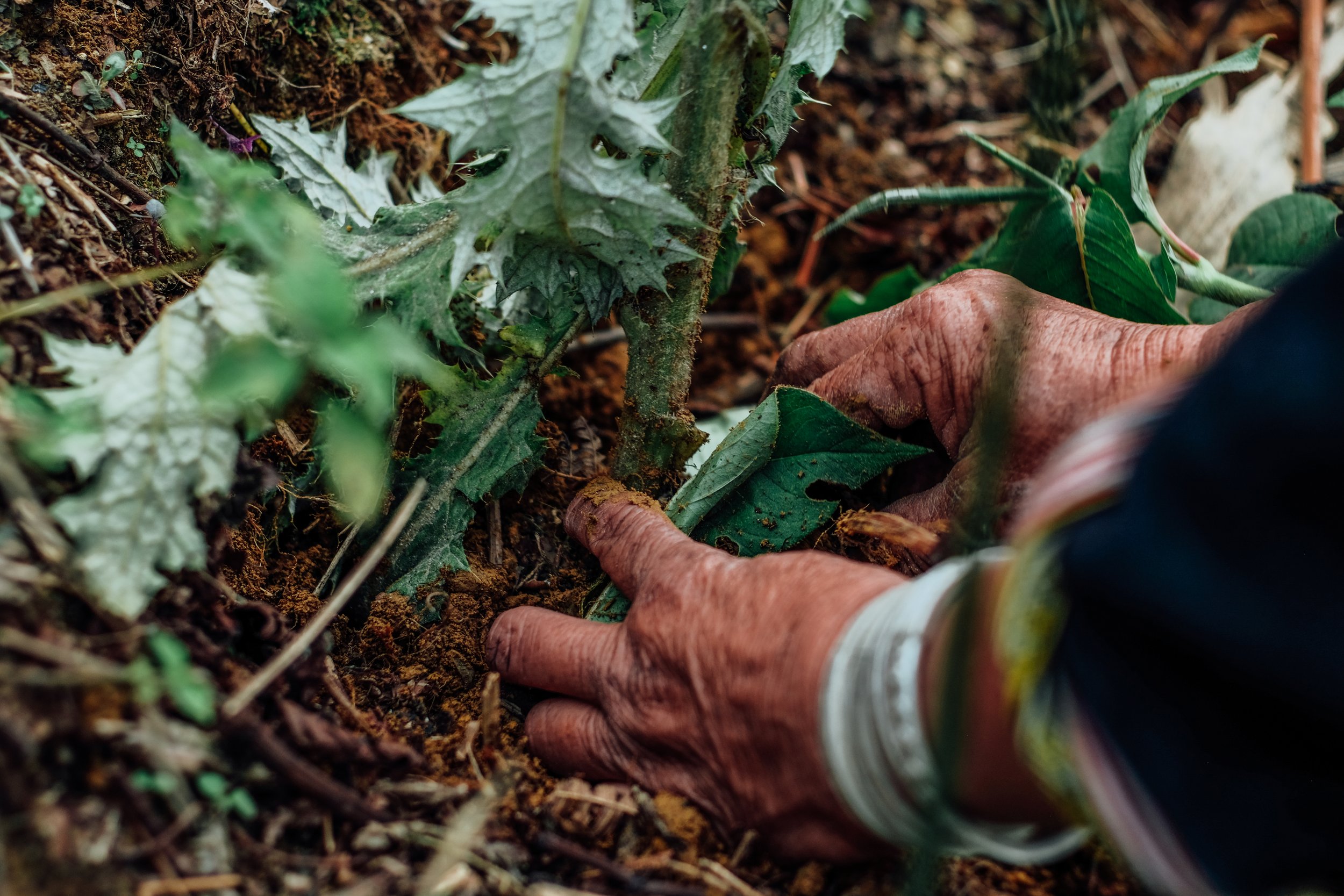
Our Supply Chain
Our foundation is agriculture.
Our founder, prior to Sông Cái Distillery, had been working in agriculture for over 10 years and the transition to making alcohol to add value to agricultural products and to use this brand platform to tell a story of Vietnam - the place, people, cultures, and highlighting its heirloom and native ingredients.
Sông Cái Distillery started as relationships with farmers on the fringe.
Whether in New Orleans East or the Northwest highlands of Vietnam. A hustle to come up and survive is a common bond.
Development often comes with homogenization that can leave people feeling alienated from where they came. Whether it be Hmong communities in Dien Bien trying to figure out what comes after industrial cassava has ravaged the hillsides or the Red Dao in Lao Cai trying to figure out if it’s possible to send the next generation to school while protecting the forests that they hold so sacred.
We spent years documenting and bearing witness to the loss of native biodiversity in all parts of Vietnam - from the Mekong Delta to the Northern Highlands - while tragically yielding short lived economic gains.
You can experience this in Sông Cái Distillery’s approach to making spirits and wine. From our selection of fruits, herbs, grains, to how ferment, distill, mature, and age our growing ecosystem of products.
We’ve partnered with multi-generational foragers and farmers in Vietnam to source botanicals.
Started with 10, now, working with over 70 families, Sông Cái Distillery offers rural communities an incentive to preserve and plant botanicals, heirloom grains native to the region.
We source our botanicals for our gins and botanicals mostly from the Red Dao, as they are renowned for their deep expertise in medicine and medicinal botany.
To the Hmong, corn represents their tradition, sustenance, and resilience. It is used in dishes such as mèn mén, similar to corn meal, symbolizing sustenance and historically eaten in lieu of rice as the staple grain.
That’s why we source native and heirloom corns from the Hmong community in Dien Bien and Mu Cang Chai for our whisky.






